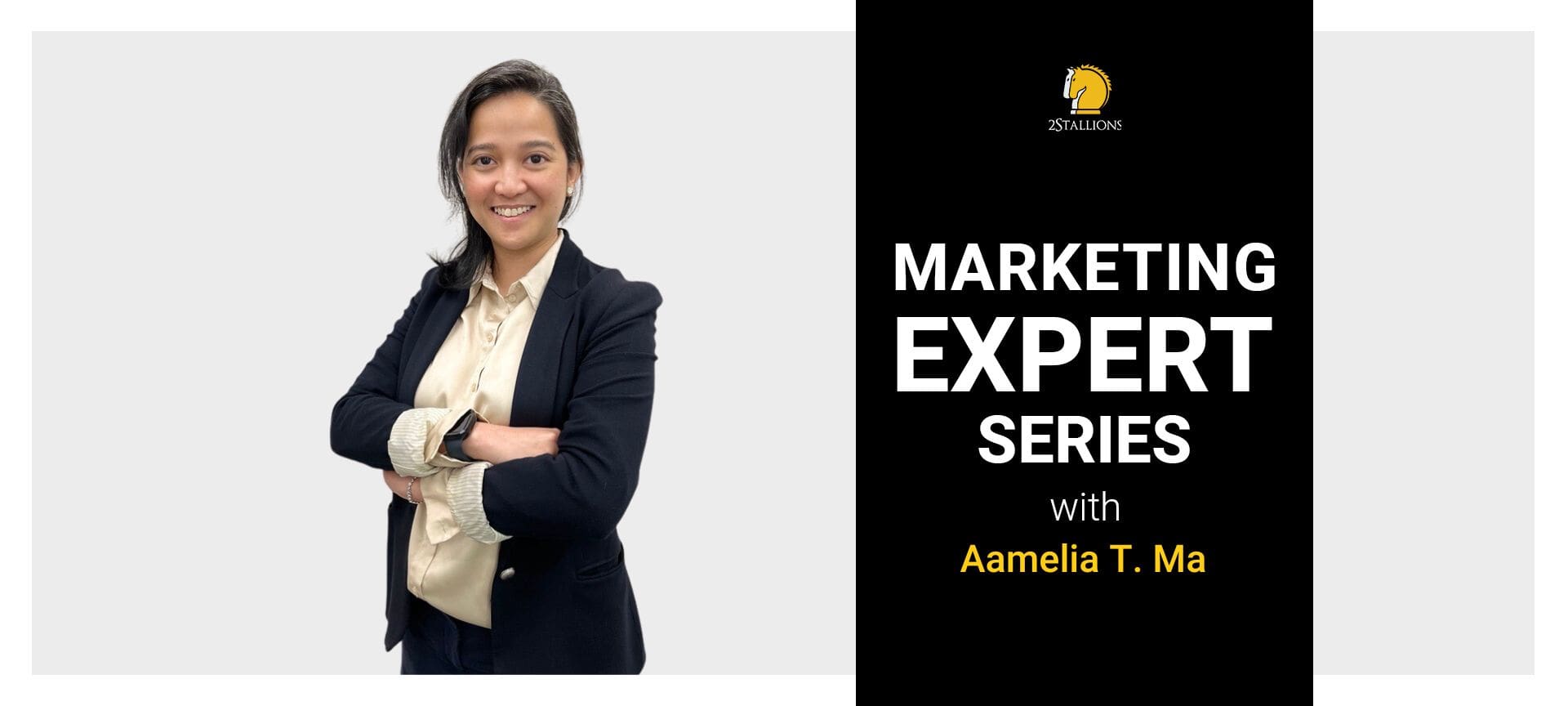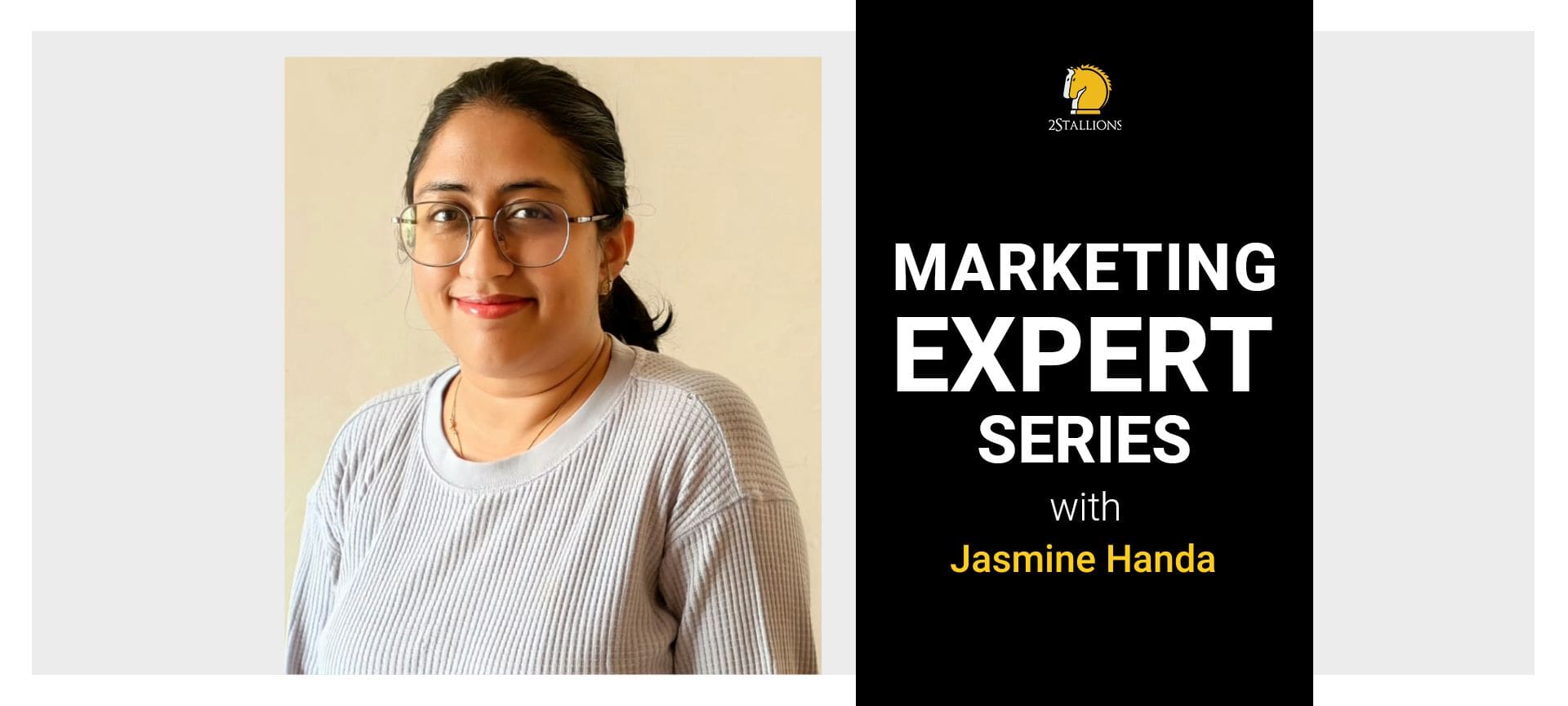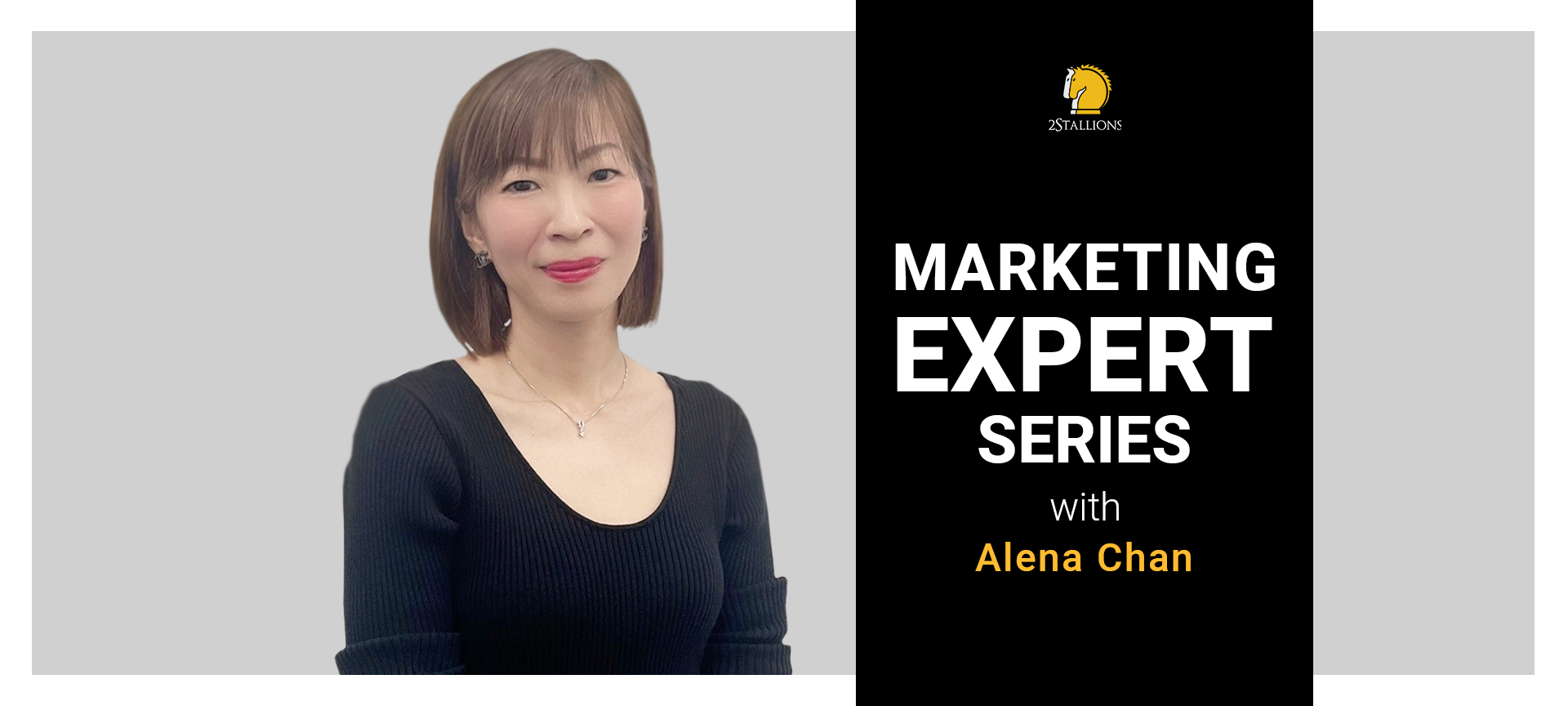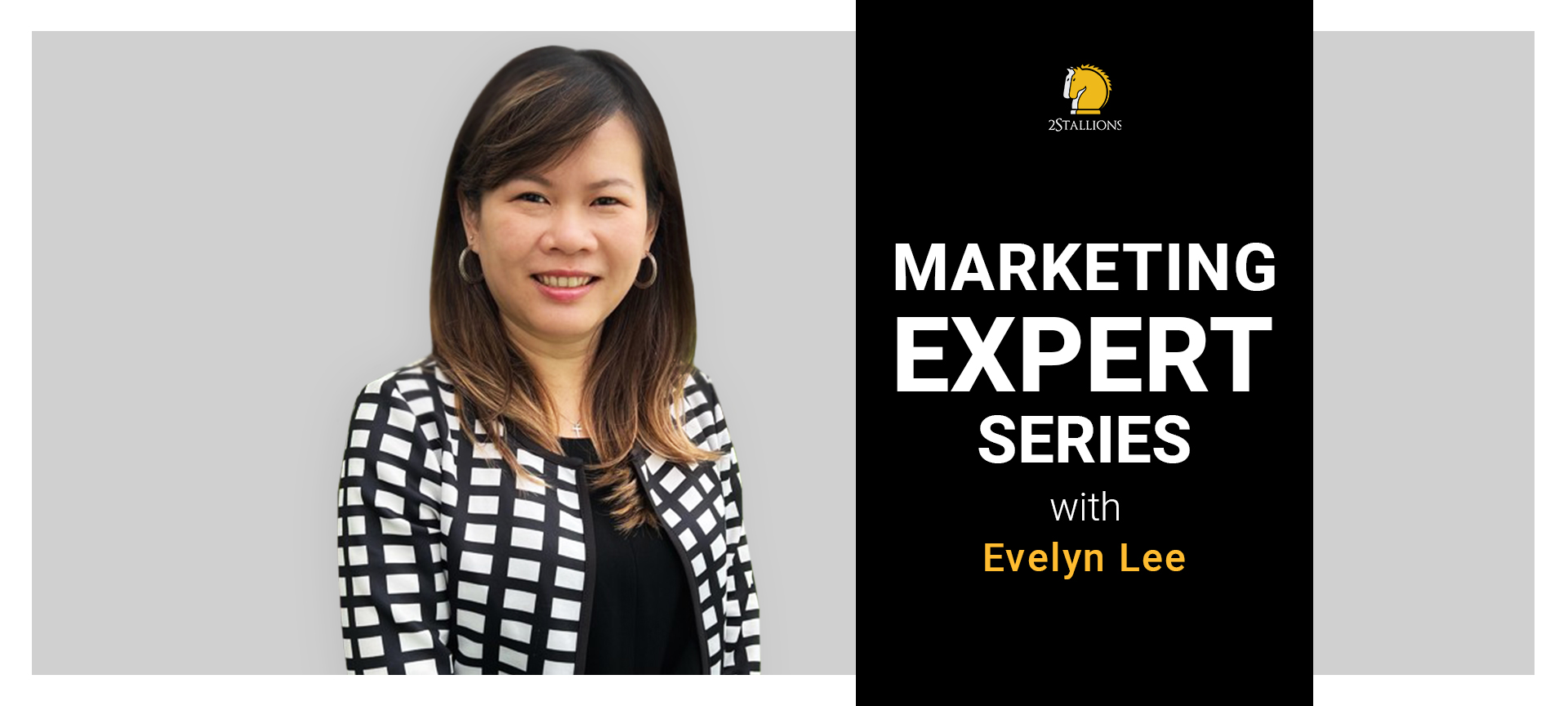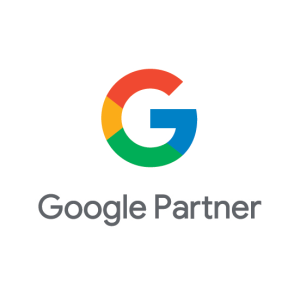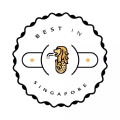SHARE
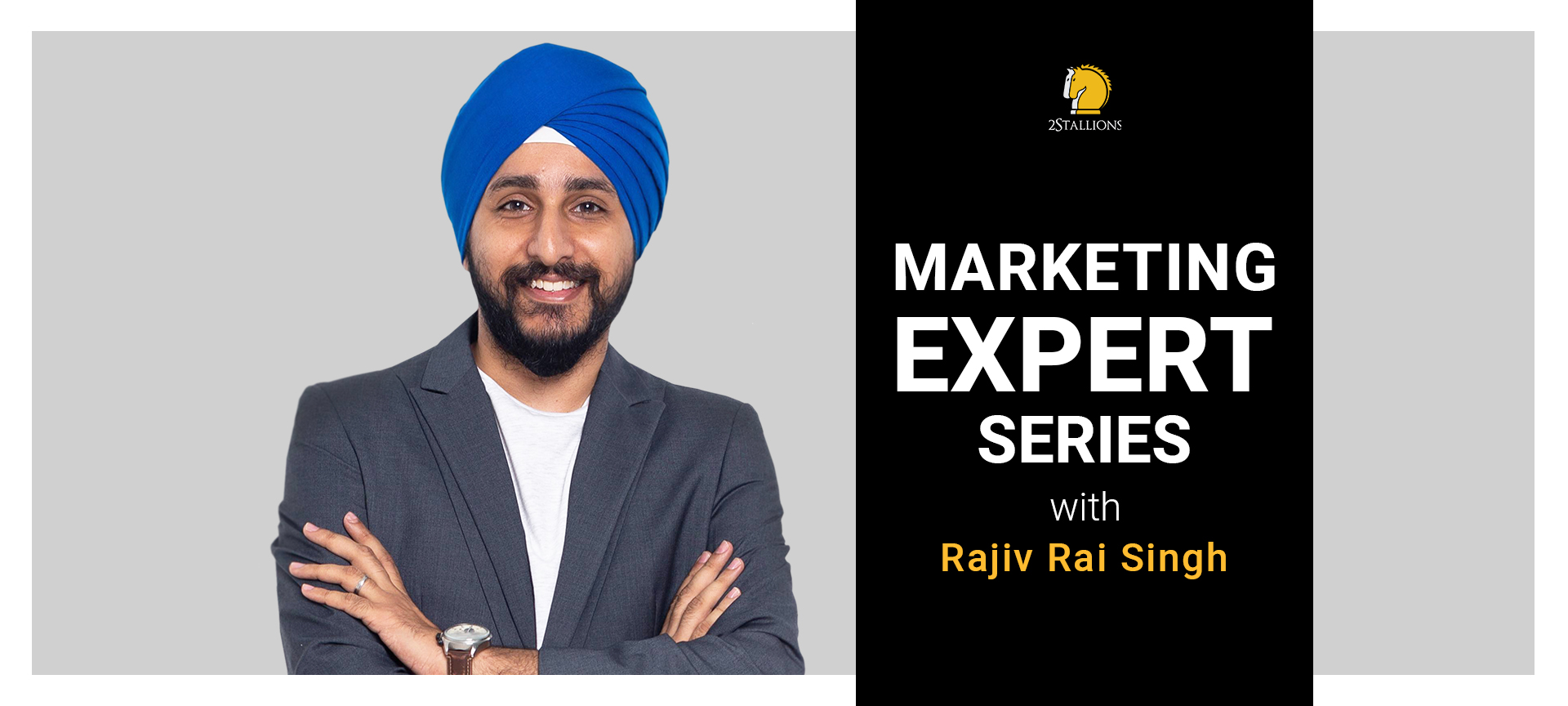
Fairytales often start with “once upon a time…”, and many digital marketers interviewed in the Marketing Expert Series could have started their story in the same way.
Rajiv Rai Singh is no exception.
A great storyteller who started off with half-dreamt goals of television advertising, Rajiv has become a motivated, marketing leader and strategist for regional companies like Lalamove, Reebelo and Qlub.
In this interview, he talks about the challenges and opportunities he has overcome – going from digital marketing basics to fractional CMO. Join us in this issue of the Series, and you might just find the inspiration for your own successes as a digital marketer.
Hi, Rajiv, thank you for joining us in our Marketing Expert Series. Let’s kick off with a little context, can you tell us a bit about yourself? How did you get to where you are now?
Thanks for having me, Olwen.
Well, let me tell you a tale of a geeky movie buff who never thought they’d end up where they are today. Twenty years ago, I thought I was destined to spend my life as a storyteller, locked in a dark room and editing TV commercials until my eyes bled. But fate had other plans.
I stumbled upon the world of digital marketing and eCommerce about fifteen years ago, and I was hooked. Back then, there were few ways to learn, but I was as curious as a cat. I earned my stripes creating and maintaining digital ad campaigns through trial and error, launching several eCommerce businesses for others before finally landing an opportunity to work for Lalamove.
Fast forward to today, I’ve been a marketing leader and strategist for startups like Lalamove, Reebelo, and Qlub. I’ve taken on 360 marketing campaigns throughout Southeast Asia and have gained a wealth of experience.
So, I took all that knowledge and experience and put it into a little black book, a framework that I now use to help startups and SMEs create a killer marketing strategy. And who knows, maybe one day you’ll be telling your grandkids about the time you hired the geeky movie buff turned marketing strategist.
Can you tell us about some of the most effective strategies that you have implemented in recent years? Is there an achievement you’re most proud of?
I love this question and I could talk about it all day, but I’ll do my best to keep it brief.
MSMEs faced a tough time during the COVID-19 pandemic, but at Lalamove we saw an opportunity to inspire and uplift their spirits. We featured stories of ‘hero clients’ who had found ways to succeed using Lalamove during the lockdown in YouTube interviews and advertorials, making them the stars and Lalamove the supporting brand. This strategy made us the leading on-demand delivery company among MSMEs.
Another time, at my previous on-demand grocery delivery startup, we had the challenge of targeting hyperlocal areas. We revved up awareness with a flashy convoy of wrapped trucks, and on-ground activation activity and followed up with geo-targeted social media and search ads to encourage conversions. Post-purchase, happy customers were given a reward for referring others. This allowed us to achieve double digital MoM growth.
For someone who started in digital marketing, you seem to have embraced several other formats as well. How has that experience been for you?
Starting out in digital marketing, I soon realized that it’s only one piece of the puzzle. It was a bit intimidating at first because not all formats like OOH or on-ground activation are as data-driven as digital. But after some experimentation, I came to understand that each form of marketing brings its own unique value to the table.
I have to say, one of the most impressive marketing strategies I’ve seen was Lalamove’s use of vehicle stickers. Talk about maximizing reach and influencing top-of-mind awareness on a budget! That was a major factor in their rise to the top of their market.
That experience inspired me to start my second venture, VOOH Media, which helps brands increase their top-of-mind awareness through vehicle stickers and re-engage OOH audiences online. I still love digital marketing, but I wanted to bring my skills to other areas as well.
You’re currently a marketing consultant, helping startups and SMEs establish themselves. Can you tell us more about your work and what it means to fill this role?
As a marketing strategist, or more accurately, a fractional CMO, I provide marketing leadership and expertise to my clients on a part-time or project basis. This arrangement allows clients to access my knowledge as a digital marketer and broader experiences as a CMO without incurring the cost and overhead associated with hiring a full-time executive.
For companies that are not quite ready to bring on a full-time CMO or simply need some temporary help, I’m here to navigate them through the marketing maze.
Whether it’s developing a winning marketing strategy, branding, conducting marketing analytics, leading the execution of a marketing plan, providing leadership and mentoring, or even assisting in the hiring of a marketing team, I can take those burdens off my clients’ shoulders.
How is a fractional CMO different from other marketing consultants?
While a marketing consultant focuses on a specific aspect of marketing, a fractional CMO offers comprehensive leadership and expertise in all areas of marketing, as well as team management and mentorship.
My unique edge as a CMO is my background working with startups and disruptive brands. Innovation and transformation require a new approach to marketing, one that embraces growth-oriented principles like iterative testing and development. I bring this expertise to companies looking to shake things up and navigate uncharted markets.
The world has changed in the last few years, with the Pandemic and the shift in the economy, how have you been impacted by these changes?
Well, let’s just say these times are like a wild roller coaster ride – we’ve seen consumer behaviour take a sharp turn, budgets tighten tighter than a screw, and layoffs happen faster than you can say ‘unprecedented.’ But hey, every dark cloud has a silver lining, right?
As a CMO, these changes have challenged me to be a little more crafty with my strategies. I’ve embraced new technology like a kid in a toy store, using no-code tools to manage and launch digital campaigns and AI to lend a hand in content creation. Who knows what other surprises the future holds, but I’m all in with a positive outlook.
How did the developments over the last few years affect your strategies and motivation to strike out on your own?
If anything, it has fueled my desire to take the leap into entrepreneurship. With so many companies struggling to keep up with the changes, it’s become clear that having control over my own success is more important than ever.
And the best part? With all the cool new tech out there, it’s never been easier for someone with my experience to start their own ventures and chart their own path to success.
In your opinion, what are some of the biggest challenges as a fractional CMO today?
Here’s a big one. Most company stakeholders may initially view you as an external vendor which can limit your say in the company’s broader business strategy. This can limit your ability to make a significant impact on marketing activities. Hence, it’s important to quickly establish trust and credibility. With clear communication and a flexible approach, these challenges can be overcome and the role can be highly rewarding. By being smart, agile, and results-driven, a fractional CMO can make a big impact in a short amount of time.
How have these challenges affected the direction and strategies you’ve implemented in recent years?
Most of my clients actually come from within my network so I already have built years of trust and credibility with them.
As I expand my client base, I plan to further invest in personal branding and content marketing to establish my expertise and build trust from the outset with new clients. This approach will allow me to hit the ground running and bring more autonomy to each new project.
Where do you see the marketing sector heading in the next five to ten years?
I have a few thoughts:
- Data has and always will be King: Companies will increasingly rely on data to drive their marketing decisions, leveraging advanced analytics and AI to personalize and optimize their efforts.
- Technology is Changing the Game: With the emergence of new technologies such as VR, AR, and 5G, marketers will have more tools to reach and engage with their audiences in novel ways.
- Experience is Everything: Customers expect a seamless experience, and brands will be investing heavily to ensure their experiences exceed expectations.
- Overload of Channels: As the metaverse, AR and VR open new playing fields and existing ones innovate, there are going to be more channels than you can count. Companies will be using a combination of traditional and digital marketing channels to reach their target audiences. No single channel will be the silver bullet.
- Purpose is Becoming More Important: As consumers evolve to associate brands more with their own identity and purpose, brands will be paying more attention to their impact on society and the world, and marketing will be a key part of promoting their purpose and values.
Any advice you’d give to aspiring marketers?
If you want to achieve that which seems unachievable, then you have to do the things that scare you the most. Anything less simply means you are sitting in your comfort zone.
And remember, setbacks are simply stepping stones on the road to success. Embrace them as opportunities to learn, grow, and soar higher!
It’s been great to learn more about you and your work, Rajiv, thank you for sharing your experience and insights with us. How can people connect with you if they’d like to know more?
Great, feel free to pick my brain anytime. They can connect with me on Linkedin.
✨ Transform Your Online Landscape With a Holistic Digital Marketing Services With Us Today! Broaden your brand’s reach through our expert’s meticulously designed strategies. Unlock visibility, captivate your audiences, Increase traffic, and embark on your digital journey to achieve digital success.


